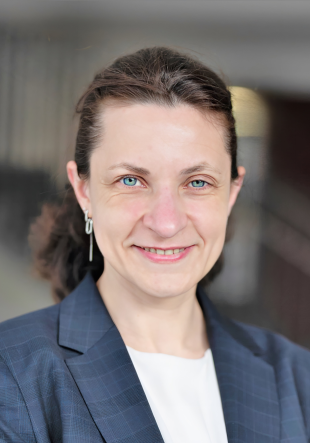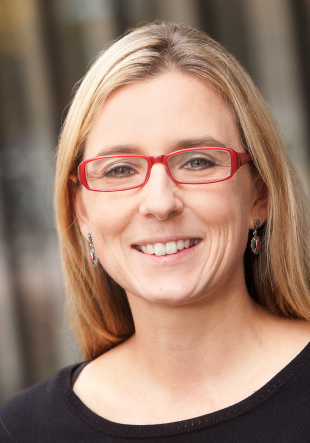Automated rail transport as a backbone for sustainable, networked mobility in rural areas
Overview
A current challenge in the transformation of the transportation system is to combine individuality with efficiency and sustainability. In this context, automation, autonomous driving, intelligent traffic management, digital connectivity and networked mobility play a central role. The aim of the "enableATO" project is to implement modern ideas for automated rail mobility and investigate them using new rail-based mobility concepts for rural areas. The focus is on technologies related to automated driving such as perception by sensors, licensing issues, intelligent maintenance and the demonstration of the technologies, e.g. on the MONOCAB - an autonomous monorail. At the same time, initial questions regarding user acceptance are being researched and addressed and the scientific dialog strengthened. The project, which is based in Minden at the RailCampus OWL, is embedded in the German Center for Future Mobility (DZM), which is establishing a nationwide research network for mobility research at four locations in Hamburg, Annaberg-Buchholz, Minden and Karlsruhe.
Three chairs and specialist groups at Paderborn University are involved in the project: the Chair of Dynamics and Mechatronics (LDM) of Professor Dr.-Ing. habil. Walter Sextro, the Chair of Data Management in Mechanical Engineering (DMB) of Professor Dr. Iryna Mozgova and the Machine Learning and Optimisation (MaLeO) group of Professor Dr. Heike Trautmann. The activities of LDM pursue the goal of implementing intelligent maintenance of rail vehicles in order to achieve greater operational safety, less downtime and lower overall costs. The activities of DMB support the development of a digital twin for automated maintenance management by realizing a semantic and machine-readable representation of the data and metadata generated in the project. The activities of MaLeO focus on simultaneously taking into account various competing objectives. Examples of this are the conflict between energy efficiency and robustness, where various optimal compromises can be adapted depending on the situation in order to be able to react optimally to changing preferences or environmental influences.
Project management: Overall project management Prof. Dr. Stefan Witte, TH OWL
Sub-project management TP 1 "ATO enabler technologies" Prof. Dr.-Ing. habil.Walter Sextro, University of Paderborn
Key Facts
- Project type:
- Sonstiger Zweck
- Project duration:
- 01/2024 - 12/2026





